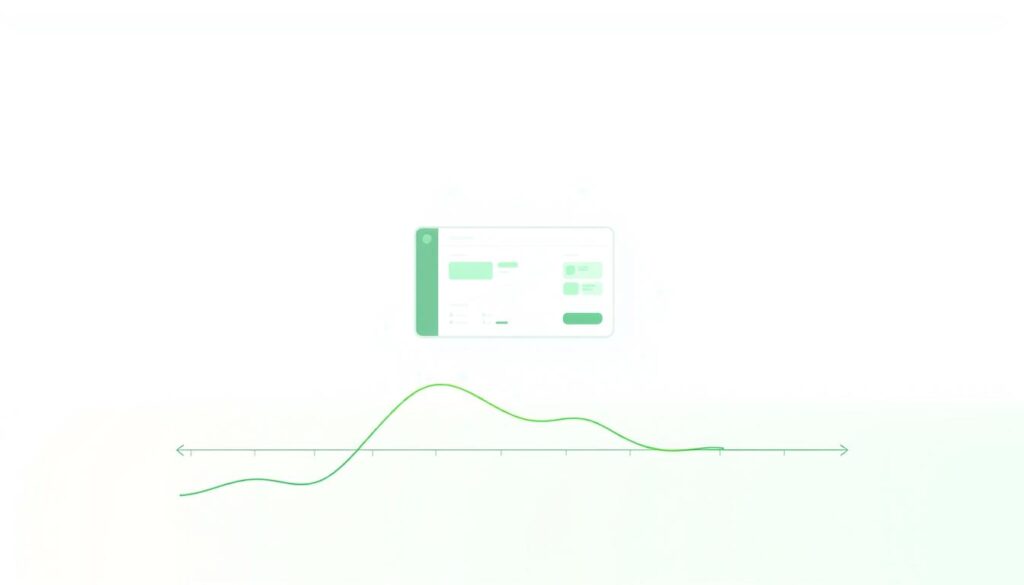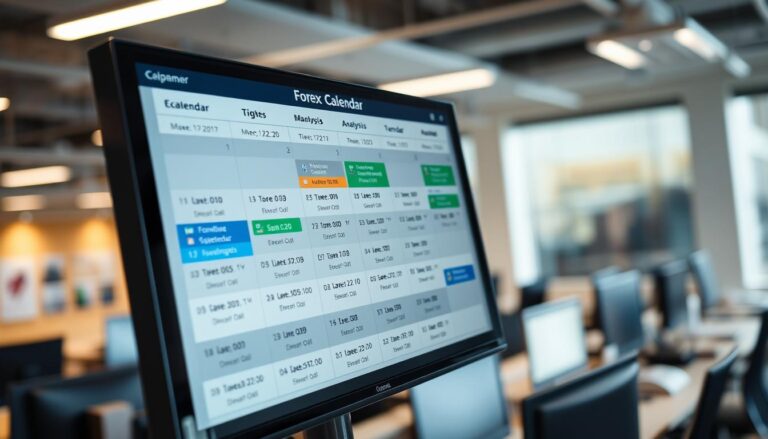Islamic Forex Accounts: How They Work and Who They Are For
For individuals adhering to Shariah principles, participating in leveraged markets requires specialized financial tools. Swap-free solutions enable compliance with religious guidelines by eliminating interest-based transactions, known as Riba, which are strictly prohibited. These structures align with ethical finance practices while maintaining access to global opportunities.
The swap-free nature of these platforms replaces traditional overnight fees with alternative administrative charges. Brokers often implement time limits to balance operational costs, though premium providers offer extended flexibility. Traders should review fee schedules and eligibility criteria before committing to a platform.
Geographic restrictions may apply depending on regulatory frameworks and broker policies. Some firms request documentation to verify religious affiliation or residency status. UK-based professionals particularly benefit from several regulated entities offering tailored services for faith-conscious investors.
This guide examines key differences between standard and faith-compliant platforms, including fee structures and regional availability. Later sections compare leading UK brokers, helping readers make informed decisions aligned with both financial goals and ethical values.
Introduction to Islamic Forex Accounts
Muslim investors seeking faith-aligned opportunities require financial tools that avoid prohibited practices. Currency market participation becomes accessible through swap-free models, replacing traditional interest-based fees with fixed administrative costs. This approach aligns with religious principles prohibiting Riba (usury) while maintaining market access.
Shariah-compliant platforms operate under three core rules: no guaranteed interest, excessive uncertainty, or speculative gambling. Collaborations between financial experts and religious authorities ensure these frameworks meet ethical standards. Profit-loss sharing models replace predetermined charges, fostering fair risk distribution.
Over 50 global brokers now offer specialized services for faith-conscious traders, including UK-regulated firms. These platforms verify user eligibility through documentation checks, ensuring alignment with regional regulations. Transparent fee structures and extended holding periods distinguish premium providers.
Understanding these mechanisms helps traders balance financial objectives with spiritual commitments. For institutions, catering to this growing demographic strengthens market reach and cultural inclusivity.
What are Islamic Forex Accounts?

Faith-based financial tools prioritize ethical practices while enabling market participation. These specialized platforms eliminate interest-based mechanics, adhering to strict religious guidelines that prohibit unfair gain. Instead of traditional overnight charges, they use alternative fee structures approved by religious authorities.
Understanding Shariah Compliance
Core principles focus on fairness and shared risk. Riba (interest) is replaced with fixed administrative fees, while Gharar (uncertainty) and Maysir (gambling) are minimized through transparent pricing. Religious scholars collaborate with finance experts to validate these frameworks, ensuring alignment with ethical standards.
Approved platforms avoid speculative strategies, favoring tangible asset-backed trades. This creates equitable opportunities without exploiting market imbalances. Traders maintain full control over positions while adhering to faith-based rules.
Swap-Free Trading Explained
Overnight interest charges, common in standard platforms, are removed entirely. Brokers instead apply one-time administrative fees after a grace period—usually 3 to 14 days. This structure supports short-term strategies without compromising religious values.
Premium UK-based providers offer extended windows before fees activate. Transparent cost breakdowns help users plan trades effectively. Such models balance broker sustainability with user needs, fostering trust in faith-aligned finance.
Key Features of Islamic Trading Accounts

Financial platforms designed for faith-conscious traders prioritize transparent pricing models aligned with ethical guidelines. Unlike standard setups, these solutions eliminate interest-based charges entirely. This creates a framework where users can participate in leveraged markets without compromising religious principles.
Fixed Fees vs. Swap Fees
Traditional platforms apply daily interest charges—called swap fees—for positions held overnight. Faith-compliant models replace these with fixed administrative costs after a grace period. This shift removes prohibited financial practices while maintaining broker sustainability.
Most providers implement a 3-14 day window before fees activate. During this time, traders execute short-term strategies cost-effectively. Premium brokers often extend this period, offering greater flexibility for diverse trading styles.
Fee structures vary significantly between providers. Some charge flat rates per transaction, while others adjust costs based on currency pairs or trade duration. Transparent pricing sheets help users compare true expenses across different platforms.
A few firms balance operational costs through slightly wider spreads rather than fixed charges. This approach maintains compliance while keeping overnight holding fees predictable. Traders should review all cost components before selecting a broker.
Who Benefits from Islamic Forex Accounts?

Swap-free models attract diverse market participants beyond their original target audience. While designed for faith-conscious individuals, these platforms also appeal to cost-focused traders seeking predictable fee structures. Their unique framework supports various strategies while maintaining ethical compliance.
Strategic Approaches for Faith-Aligned Trading
Practitioners requiring religious adherence benefit most from extended holding periods. Position-based strategies become viable since platforms eliminate overnight interest charges. Some brokers permit multi-week trades if positions align with approved guidelines.
Time-sensitive traders must monitor grace periods carefully. Intraday methods work best when platforms impose strict time limits on fee-free windows. Daily closure of positions avoids administrative costs while maximizing flexibility.
Newcomers appreciate simplified cost calculations in these setups. Without variable swap rates, profit projections become more accurate. Educational materials from reputable brokers help users navigate platform-specific rules effectively.
Seasoned professionals leverage predictable fees for advanced risk management. Fixed costs enable precise trade sizing across multiple currency pairs. This consistency proves valuable when managing large portfolios or complex strategies.
Regulatory Considerations for Islamic Forex Accounts in the UK
Navigating financial regulations ensures secure participation in global markets. UK traders using faith-compliant platforms benefit from robust oversight mechanisms. These frameworks protect users while maintaining ethical standards.
FCA and Financial Protections
The Financial Conduct Authority (FCA) supervises brokers offering specialized services. Approved firms must provide clear fee disclosures and comply with strict operational rules. Client funds receive protection through the Financial Services Compensation Scheme (FSCS), covering up to £85,000 per account.
Many platforms operate under multiple regulators like CySEC or ASIC. This layered oversight enhances accountability. Traders should verify which authority governs their chosen broker’s operations.
Islamic scholars collaborate with financial institutions to validate compliance. Their input ensures fee structures align with religious principles. The FCA’s “treating customers fairly” policy prevents exploitative practices in faith-aligned services.
Always check a broker’s regulatory status before opening positions. Reliable providers display licensing details prominently. Combining strong oversight with ethical guidelines creates safer trading environments.





